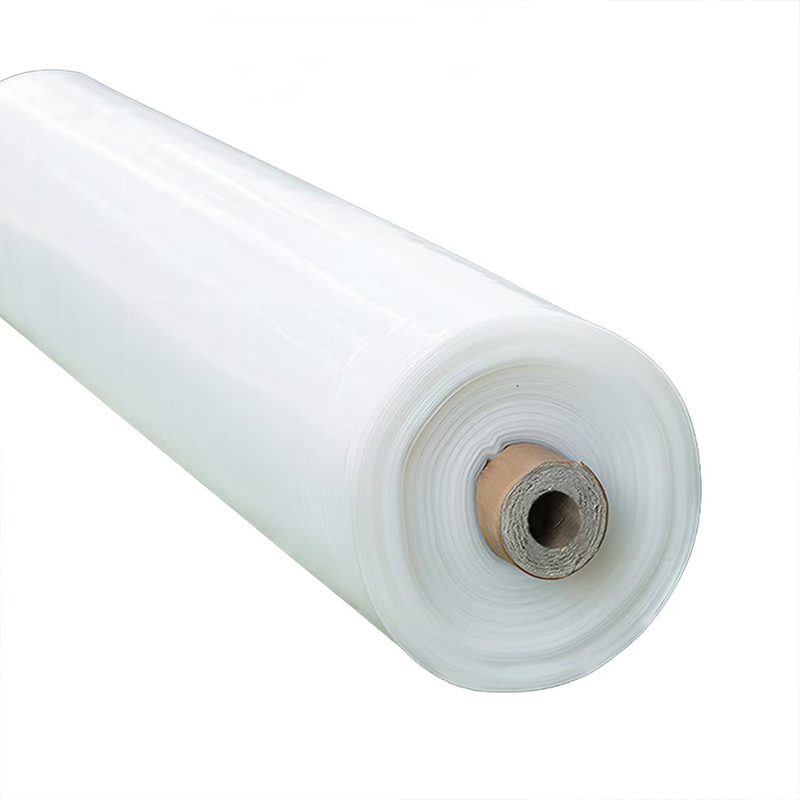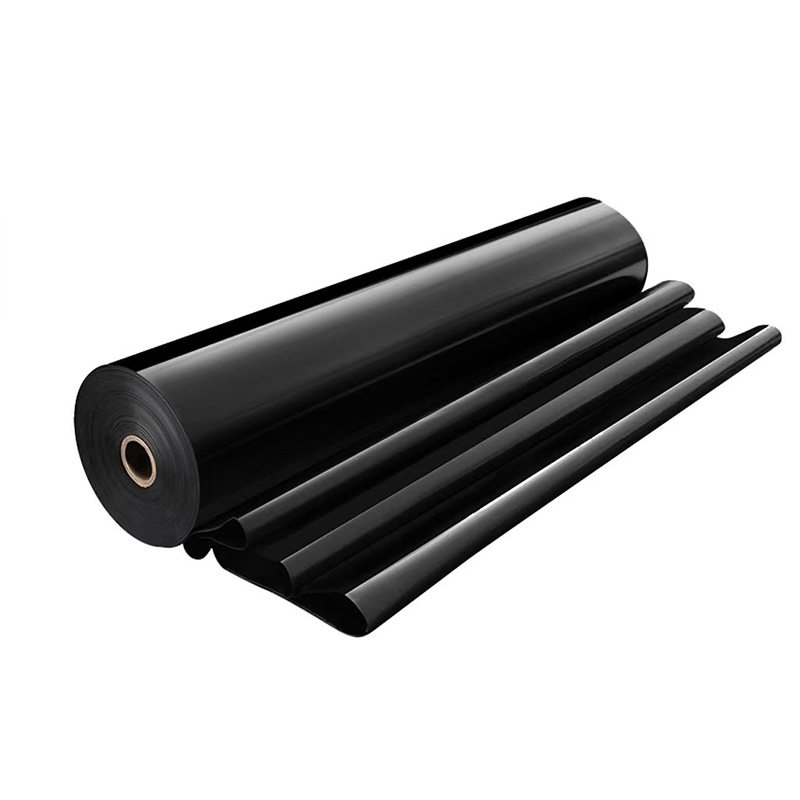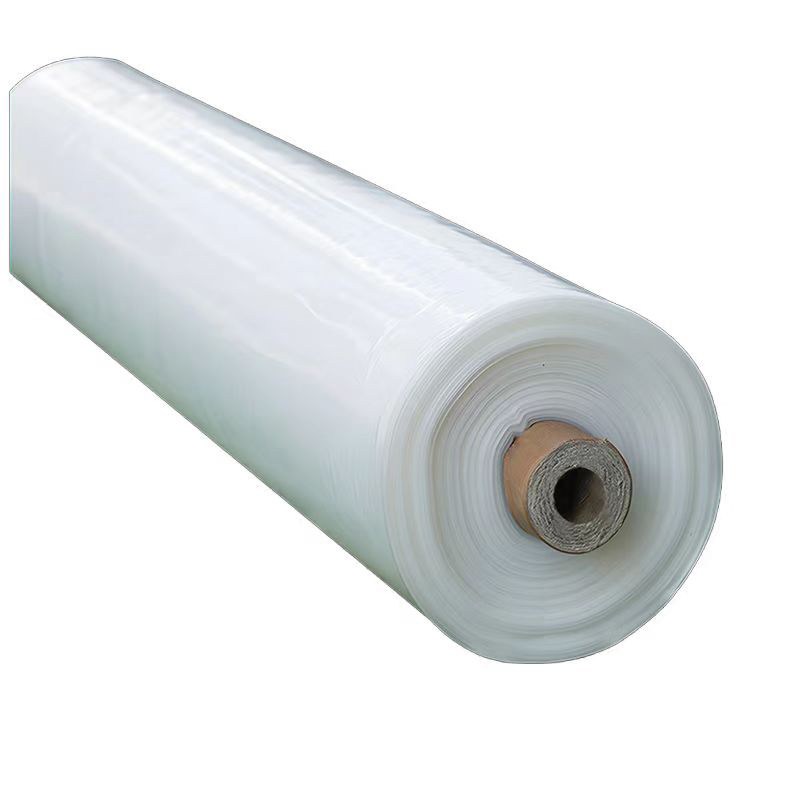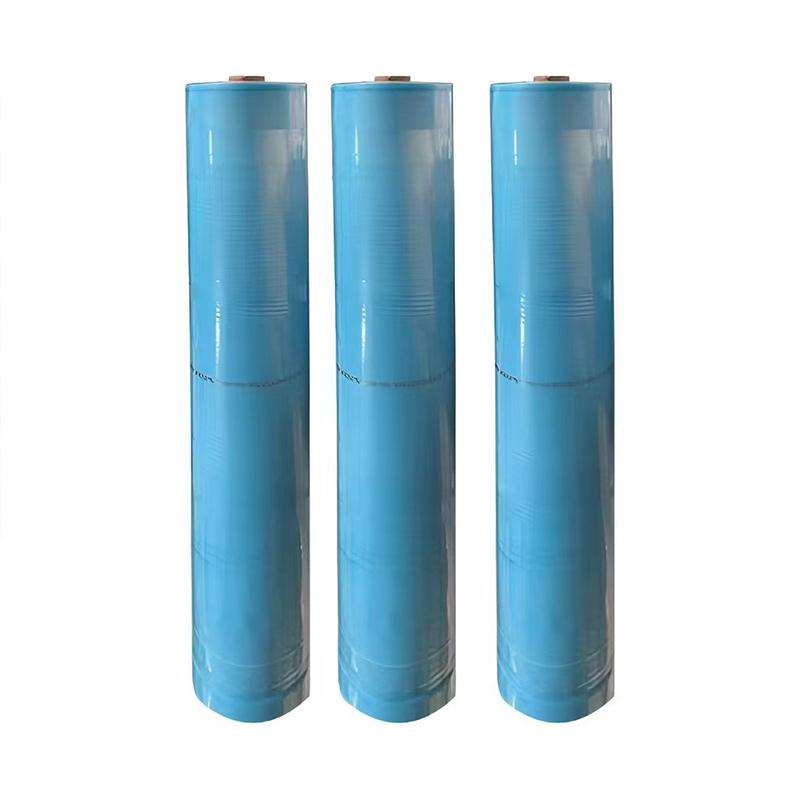Agricultural plastic film, as an important means of production in facility agriculture, has played a significant role in promoting increased
agricultural production and income. However, the long-term extensive use of agricultural film and the lack of effective recycling
and treatment will have adverse effects on the environment, and the economic benefits of agriculture will also be affected. According to statistics,
in wheat fields that have been continuously using agricultural film for more than 2 years, the residual agricultural film fragments per hectare are 103.5kg,
resulting in a wheat yield reduction of about 9%. In wheat fields that have been continuously using agricultural film for 5 years,
the residual agricultural film fragments per hectare are 375kg, resulting in a wheat yield reduction of 26%. On February 21, 2022,
the "Opinions of the Central Committee of the Communist Party of China and the State Council on Comprehensively Promoting Rural Revitalization
and Accelerating Agricultural and Rural Modernization" were released, which pointed out the need to strengthen the research and
promotion of biodegradable agricultural films. After exploratory experiments by researchers, a new environmentally friendly material made
from seaweed extract has provided a new possibility for solving plastic pollution.
Seaweed has enormous development potential, and its active substances can be developed into drugs, functional foods, cosmetics, and more.
Through innovative research, seaweed can also be prepared into cling film and agricultural plastic film. Seaweed is rich in various
polysaccharides such as alginate, carrageenan, and carrageenan, among which alginate is a good raw material for making cling film.
Alginate is a natural anionic polysaccharide. When a large amount of calcium ions exist, it will combine with calcium ions to form a tight "egg box"
reticular denatured gel structure, which has good film forming characteristics.









